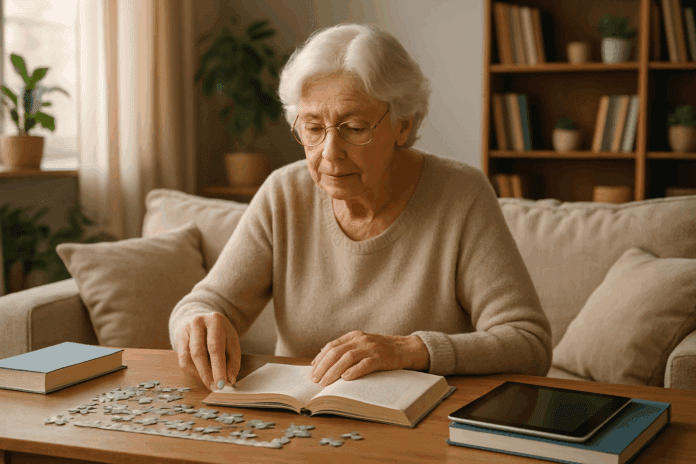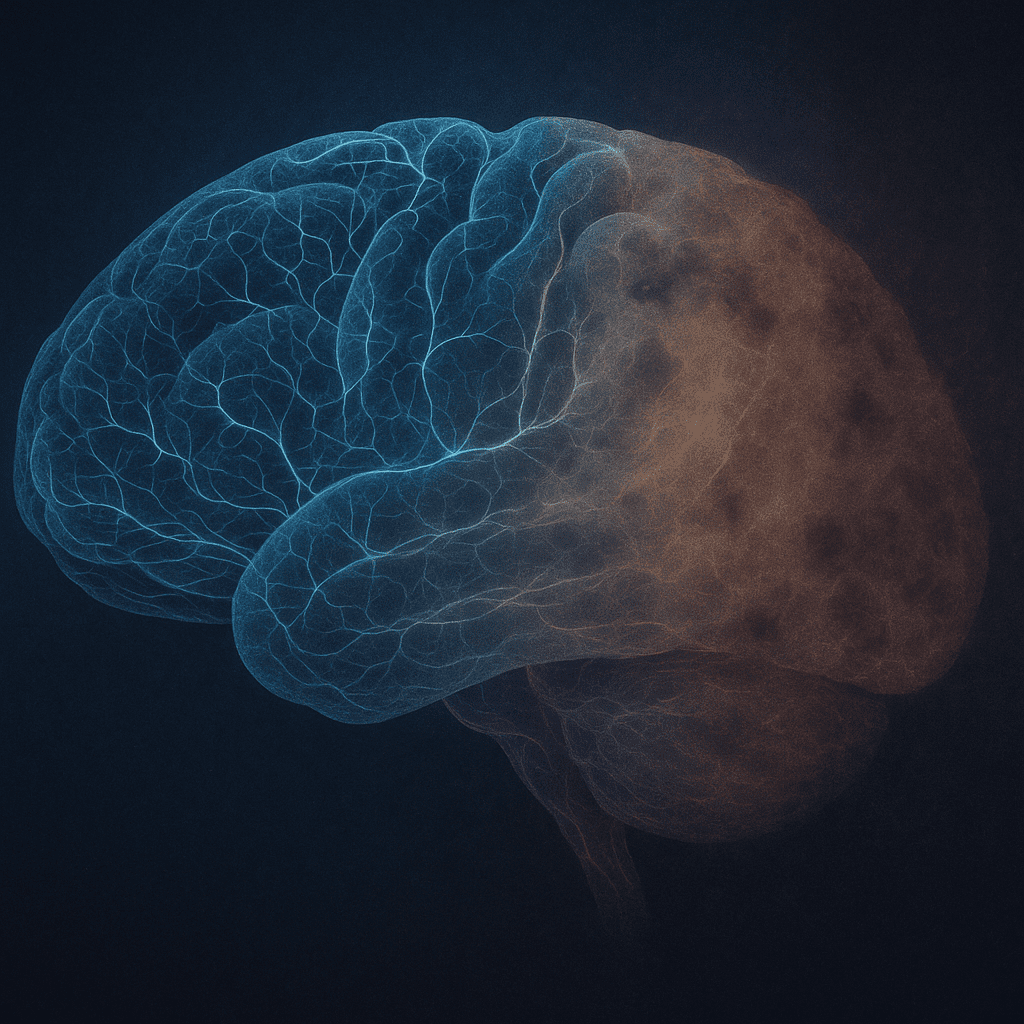
Understanding the Cognitive Impact of Dementia
Dementia is not a single condition but rather a broad term that encompasses a range of neurodegenerative disorders affecting memory, reasoning, and daily function. Among the most common types are Alzheimer’s disease, vascular dementia, Lewy body dementia, and frontotemporal disorders. Each type presents its own unique challenges, but what unites them is the gradual decline in cognitive function, which interferes with the ability to live independently and communicate effectively. This decline not only affects memory but also disrupts focus, judgment, problem-solving, and emotional regulation.
While dementia is progressive and currently incurable, decades of neuroscience research have revealed a promising avenue for intervention: cognitive stimulation. The human brain possesses an extraordinary degree of plasticity, or the ability to reorganize itself by forming new neural connections. Brain exercises for dementia are designed to harness this plasticity and slow the cognitive decline by promoting engagement in activities that stimulate thinking, memory, and concentration. Unlike passive entertainment, these activities challenge the brain and encourage it to remain adaptable, improving quality of life for those affected.
You may also like: Boost Brain Power Naturally: Evidence-Based Cognitive Training Activities and Memory Exercises That Support Long-Term Mental Health
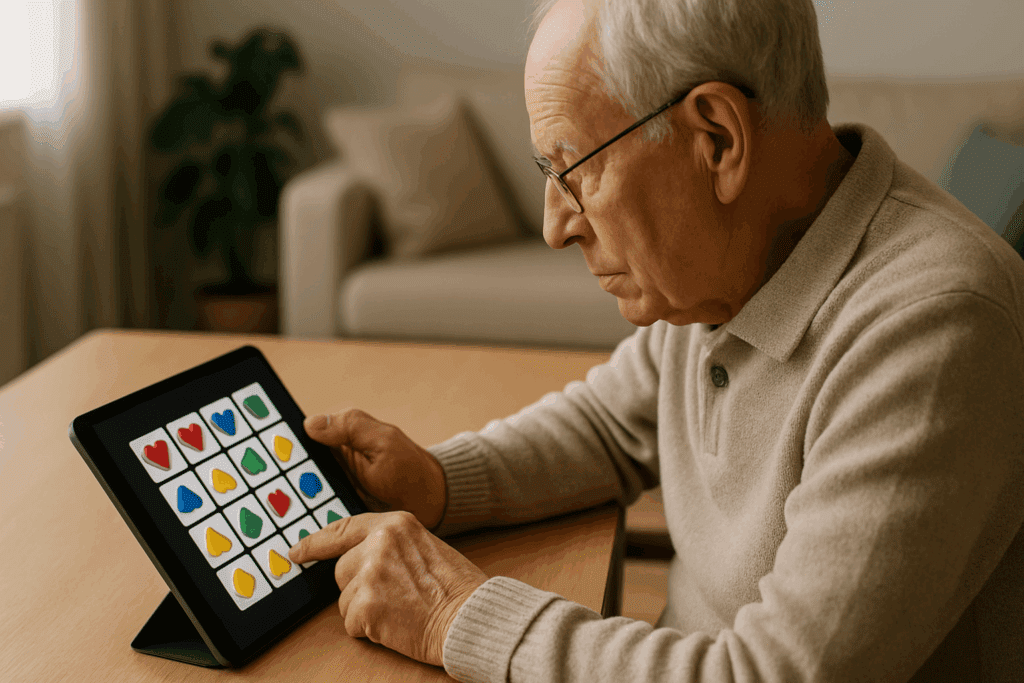
Why Brain Training for Dementia Matters
Cognitive decline may be inevitable for many people living with dementia, but the rate and severity of that decline can often be influenced through targeted mental activity. Brain training for dementia isn’t just about puzzles or games—it’s a structured and strategic approach to enhancing the mind’s resilience in the face of disease. Emerging clinical studies support the idea that consistent mental engagement can help maintain cognitive performance, particularly in the early to moderate stages of dementia.
Such interventions can also enhance mental well-being by instilling a sense of purpose and achievement. People experiencing early dementia often feel helpless as their memory begins to falter. Introducing mental exercises tailored to their cognitive capacity can restore a sense of agency. These activities promote the use of preserved skills, encourage interaction with others, and provide a sense of structure, all of which contribute to improved mood and decreased anxiety or depression.
Brain exercises for dementia aren’t just about delay—they’re about dignity. Keeping the brain active through personalized mental tasks can help preserve identity, connection, and emotional stability. That is why these interventions are gaining more attention in holistic care models, not only as a means of therapy but as an essential component of compassionate dementia support.
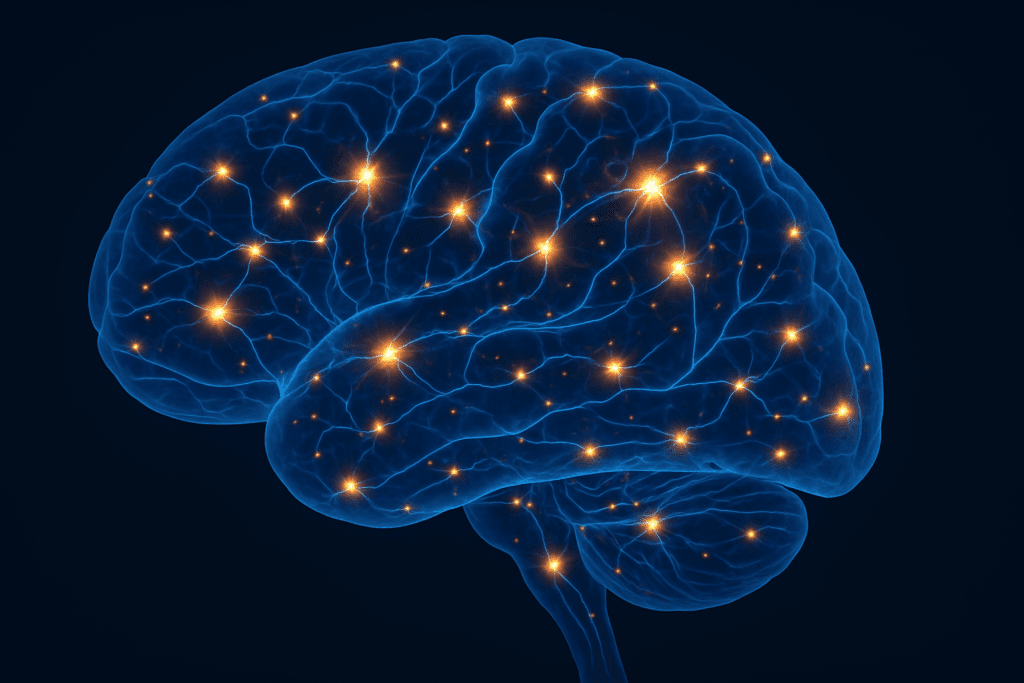
The Science Behind Mental Exercises for Dementia Patients
The neurological rationale behind mental exercises for dementia patients is rooted in our understanding of neuroplasticity. Even in older adults and individuals with cognitive impairments, the brain retains a capacity for adaptation. When certain areas of the brain become compromised due to disease progression, other areas can sometimes be recruited to compensate—but only if they are stimulated appropriately. Mental exercises serve as targeted challenges that promote synaptic activity, increase blood flow to key brain regions, and reinforce neural pathways associated with memory and focus.
One of the central goals in cognitive rehabilitation is to support executive functioning, the brain’s system for managing attention, problem-solving, and working memory. By engaging in structured mental tasks, patients can sustain or even improve executive functioning, leading to greater independence in daily life. Moreover, mental stimulation can reduce apathy, a common symptom in dementia that often leads to withdrawal and faster cognitive deterioration.
Scientific research has also identified biochemical benefits. Engaging in brain games for dementia patients is associated with increased levels of brain-derived neurotrophic factor (BDNF), a protein that supports the survival and growth of neurons. Higher BDNF levels are linked to improved memory formation and neurogenesis, offering a biological explanation for the observed improvements among patients who regularly engage in cognitive activities.
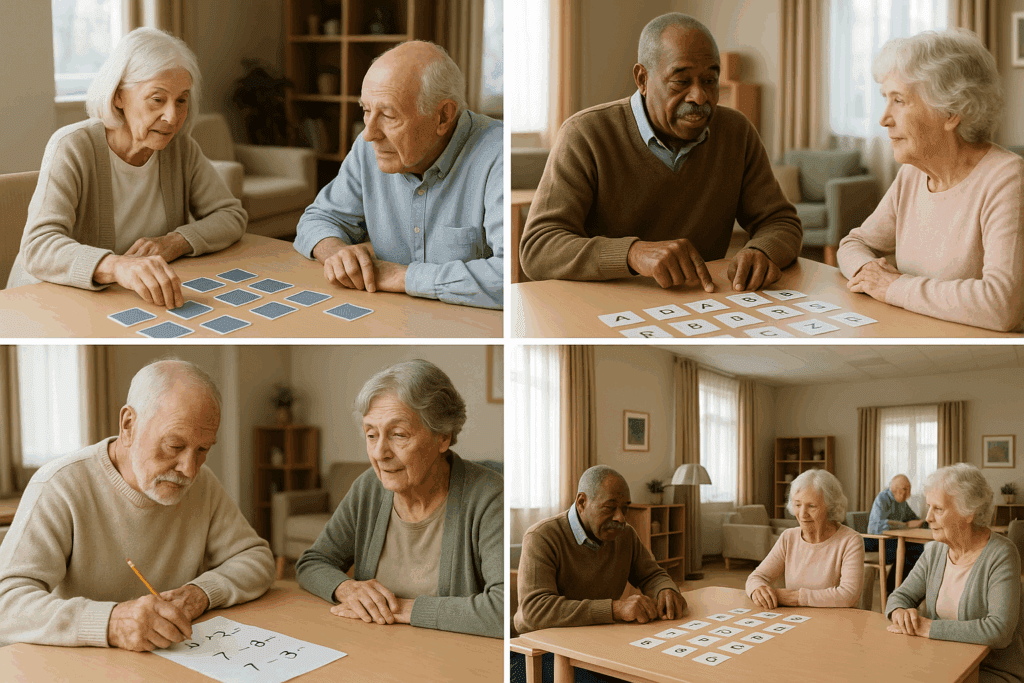
Types of Brain Exercises for Dementia: Beyond the Basics
When considering brain exercises for dementia, it’s important to tailor them to the individual’s cognitive abilities and interests. A one-size-fits-all approach rarely yields optimal results. Instead, the most effective cognitive interventions take into account the patient’s strengths, limitations, and preferences, adapting in complexity and format over time.
Traditional memory games for dementia often include card-matching games, crossword puzzles, and name recall challenges. These games stimulate short-term memory and promote recognition and recall. However, more dynamic forms of brain training for dementia are now emerging. These include story sequencing activities that engage episodic memory, math games that encourage numerical reasoning, and even virtual reality experiences designed to immerse patients in cognitively enriching environments.
Language-based exercises also play a critical role. Reading aloud, playing word association games, or practicing naming objects can stimulate the left hemisphere of the brain, supporting language comprehension and verbal fluency. Meanwhile, art therapy and music appreciation stimulate different neural networks, including those that remain relatively preserved in many dementia patients, such as those associated with rhythm, visual imagery, and emotion. By engaging multiple brain regions, these multimodal activities increase the therapeutic value of mental exercises for dementia patients.
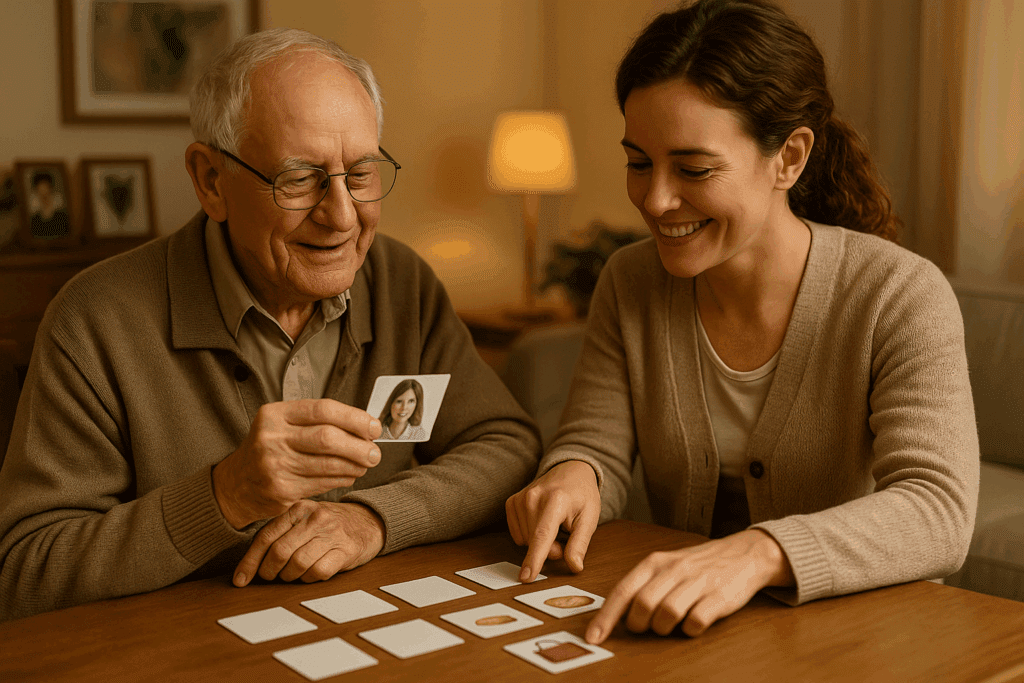
How Memory Games for Dementia Support Daily Function
Memory loss is the hallmark symptom of most dementia disorders, and it often extends beyond forgetting names or misplacing items. It can interfere with basic daily tasks like getting dressed, cooking, or navigating one’s home. Memory games for dementia serve as a gentle, non-invasive method to reinforce routine memory functions and improve task sequencing, which is critical for day-to-day living.
For instance, games that involve remembering a list of groceries, steps in a recipe, or items in a daily routine help reinforce procedural memory. This type of memory is responsible for habitual tasks and is often retained longer than declarative memory, which deals with facts and events. By strengthening procedural memory through repetitive engagement, individuals can retain greater autonomy and delay the need for round-the-clock care.
Moreover, memory games for dementia often use visual aids, which are especially effective for older adults. Matching images, identifying familiar faces, or associating colors with specific actions can enhance memory consolidation. Repetition in these games helps solidify new connections, allowing patients to better recall important information like medication schedules or the layout of their home.
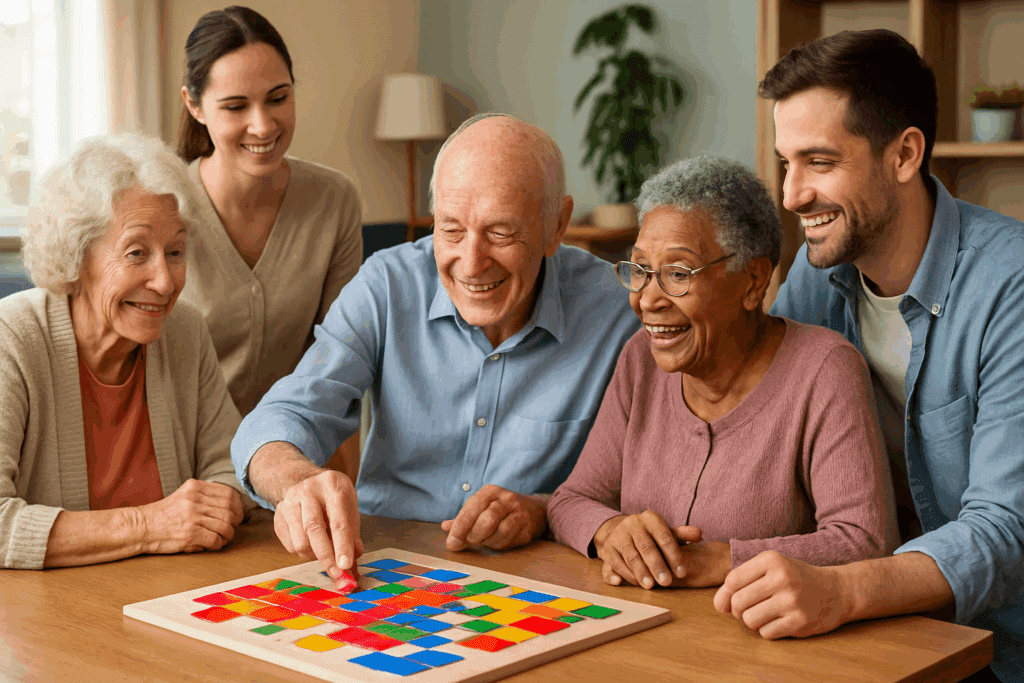
The Social Dimension of Brain Games for Dementia
Cognitive stimulation doesn’t have to be a solitary activity. In fact, brain games for dementia are often most effective when conducted in a group setting. Social interaction itself is cognitively enriching, and when combined with structured mental exercises, it creates a powerful therapeutic synergy. Whether it’s a board game night at a memory care center or a storytelling circle at a community center, the social context enhances emotional engagement and motivation.
Group-based brain training for dementia allows individuals to share experiences, observe different problem-solving styles, and learn through modeling. It also creates opportunities for caregivers and family members to engage meaningfully with loved ones, fostering bonds and reducing caregiver stress. Games designed for multiple players can promote turn-taking, empathy, and verbal communication—skills that are crucial to maintaining social function in the early and middle stages of dementia.
Even digital platforms have embraced this approach, offering multiplayer brain training tools that allow patients to interact with others in real time. These interactions are not only enjoyable but also provide structure and reinforcement through repetition and competition. In many cases, these social formats help overcome the apathy or resistance that dementia patients may feel toward more traditional therapy settings.
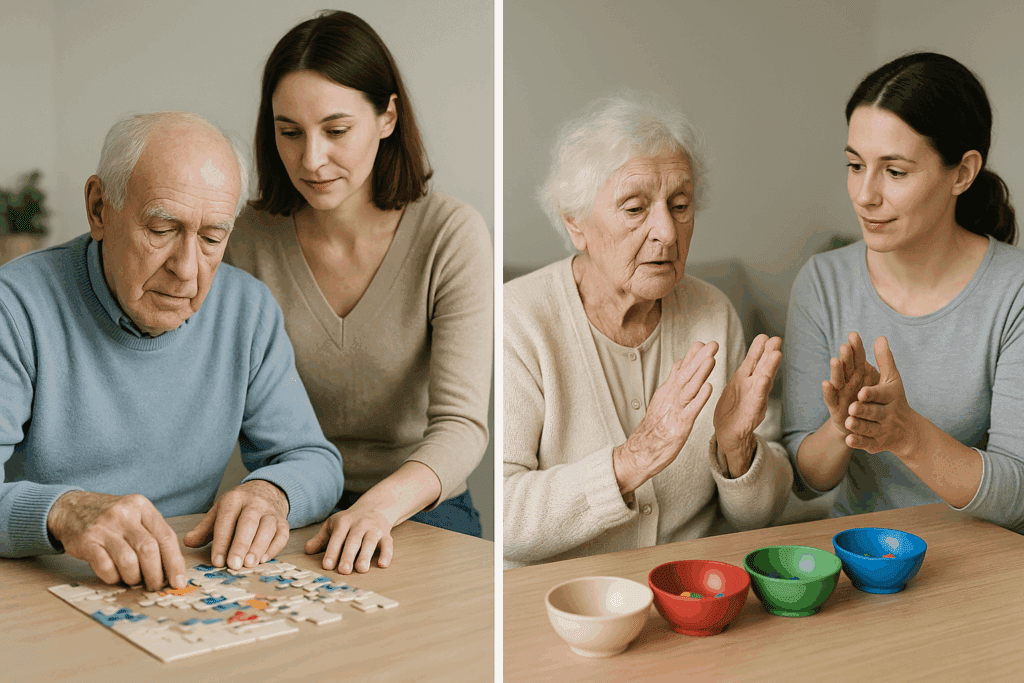
Adapting Brain Exercises for Different Stages of Dementia
Dementia is not a static condition. It progresses over time, and the effectiveness of interventions depends on their alignment with the individual’s current cognitive capabilities. In the early stages, brain training for dementia can include complex strategy games, book clubs, or interactive computer-based exercises that demand higher-order thinking. These tasks challenge the brain to form new associations and enhance neuroplasticity.
As the disease advances, however, tasks must be simplified without becoming infantilizing. Mid-stage dementia may benefit from games that include prompts, structured choices, and tangible objects to aid comprehension. Visual and auditory cues can support understanding, while shorter sessions help maintain attention. For advanced dementia, even simple games such as object sorting, rhythm clapping, or following along to familiar songs can be beneficial.
The key is not to eliminate challenge, but to reframe it. A successful brain exercise meets the individual at their current level while nudging them just beyond their comfort zone. This balance ensures engagement without inducing frustration, which is crucial for maintaining emotional and cognitive well-being. Family members and caregivers should be trained to recognize signs of overstimulation and adjust the exercises accordingly, maintaining a therapeutic yet compassionate environment.
The Role of Caregivers in Supporting Cognitive Engagement
Caregivers are often the linchpin in the success of brain exercises for dementia. They are not just facilitators but also emotional anchors, providing consistency, encouragement, and feedback. A caregiver who understands the purpose and mechanics of brain training can more effectively guide the individual through cognitive activities, adapting them in real time based on the patient’s responses.
Training caregivers in the application of memory games for dementia ensures that the activities are not only performed correctly but are also integrated seamlessly into daily routines. For example, folding laundry can become a pattern recognition game, while setting the table might involve sequencing tasks. These embedded forms of brain training for dementia allow for more natural engagement and reduce the sense of artificiality that can come with formal therapy.
Involving caregivers in the process also fosters emotional intimacy. When done with patience and positivity, these exercises can become moments of joy and connection, rather than mere tasks. Moreover, caregivers can keep track of progress, noting which types of mental exercises are most effective and making informed decisions about when to adjust or introduce new challenges. Their insights are invaluable in shaping a sustainable and meaningful cognitive care plan.
Technology and the Future of Brain Training for Dementia
As digital technology continues to evolve, its role in cognitive rehabilitation is becoming increasingly prominent. From tablet apps designed for elderly users to AI-powered platforms that adapt in real time to a user’s performance, technology offers scalability and customization never before possible in dementia care. These tools provide instant feedback, gamify progress, and track long-term trends in cognitive performance.
Emerging platforms feature brain games for dementia that are specifically designed with accessibility in mind—larger buttons, intuitive interfaces, and calming color schemes. Some programs incorporate virtual reality to recreate familiar settings or guide users through safe simulations that mimic real-life tasks. Others use biometric sensors to monitor stress or fatigue, adjusting the difficulty level accordingly.
While these tools are not a substitute for human interaction, they represent a valuable supplement. Used under the guidance of trained professionals or caregivers, digital brain exercises for dementia patients can add variety, convenience, and novelty to cognitive care routines. Moreover, they empower patients to take part in their own cognitive wellness journey, fostering autonomy and digital inclusion.
FAQ: Brain Exercises for Dementia and Cognitive Well-Being
1. How can brain exercises for dementia be adapted to match cultural or linguistic backgrounds?
Tailoring brain exercises for dementia to reflect a person’s cultural or linguistic context can significantly boost engagement and cognitive benefits. For instance, using proverbs, traditional songs, or local folktales in memory games for dementia can evoke strong emotional memories and improve recall. Brain games for dementia that involve recognizing familiar foods, holidays, or regional dialects can foster a sense of familiarity and safety. Multilingual patients may benefit from language-switching tasks that stimulate different areas of the brain and preserve fluency in both languages. These personalized approaches enrich the therapeutic value of mental exercises for dementia patients by reinforcing identity and promoting neural networks tied to emotional memory.
2. Are there any specific brain games for dementia that help reduce agitation or behavioral symptoms?
Yes, certain brain games for dementia are intentionally designed to soothe rather than stimulate. For individuals prone to agitation or anxiety, sensory-based memory games for dementia that involve tactile, auditory, or visual cues can be very grounding. Matching calming images, listening to favorite melodies, or tracing soft textures are all examples of brain exercises for dementia that focus on comfort. These activities help regulate the nervous system and redirect attention away from triggers. When caregivers incorporate brain training for dementia that reduces stress, patients often show less behavioral volatility and experience greater emotional stability.
3. How does social isolation impact the effectiveness of mental exercises for dementia patients?
Social isolation can significantly undermine the benefits of mental exercises for dementia patients. While solo tasks have value, studies show that brain training for dementia is more effective when done in communal or interactive settings. Isolation reduces stimulation and emotional connection, which are key to maintaining neural plasticity. Group-based brain games for dementia add an essential layer of social cognition, activating empathy, verbal expression, and shared memory recall. For homebound individuals, even virtual memory games for dementia can simulate these interactions and help preserve both cognitive function and psychological well-being.
4. Can technology-based brain training for dementia replace traditional cognitive therapy?
Technology can enhance, but not fully replace, human-led cognitive support. Digital brain games for dementia offer convenience, trackable progress, and personalized challenges. However, they lack the nuance and adaptability of a caregiver or therapist who can adjust mental exercises for dementia patients in real time. For optimal results, technology should supplement traditional brain exercises for dementia, not substitute them. Blending app-based training with social and tactile experiences creates a comprehensive approach to brain training for dementia that addresses emotional, cognitive, and physical needs simultaneously.
5. What role do emotions play in the success of memory games for dementia?
Emotional salience is a critical factor in determining how well memory games for dementia work. When exercises trigger meaningful emotions—like joy, nostalgia, or pride—they activate deeper memory pathways and increase retention. For example, a memory game featuring old family photos or favorite childhood songs is more likely to spark long-term recall than abstract symbols. Emotional resonance enhances brain exercises for dementia by promoting dopamine release, which supports learning and motivation. Recognizing the emotional dimension of mental exercises for dementia patients allows caregivers to craft more impactful and personalized interventions.
6. Are there risks of overstimulation with brain games for dementia, and how can they be managed?
Absolutely. While mental stimulation is vital, too much or overly complex brain games for dementia can lead to frustration or fatigue. Signs of overstimulation may include withdrawal, irritability, or increased confusion. To avoid this, brain exercises for dementia should be carefully matched to the individual’s cognitive level and mood. Caregivers can rotate between high-focus and low-effort memory games for dementia to maintain a balanced engagement. It’s essential to monitor reactions closely and prioritize enjoyment over performance, especially during brain training for dementia in later stages.
7. How do brain exercises for dementia influence long-term quality of life?
Engaging in consistent brain exercises for dementia has been linked to improved emotional resilience, better task performance, and slower cognitive decline—all of which contribute to a higher quality of life. Unlike purely clinical treatments, mental exercises for dementia patients foster a sense of control, creativity, and connectedness. This holistic approach helps individuals maintain identity, communicate effectively, and enjoy daily routines. Brain training for dementia also lightens caregiver burden by enabling patients to remain more self-sufficient longer. In this way, brain games for dementia serve not just as therapy, but as tools for sustaining dignity and joy.
8. What are some lesser-known memory games for dementia that families can use at home?
Families often overlook everyday objects and routines as opportunities for engaging memory games for dementia. For instance, organizing recipe cards and recalling steps for traditional dishes can reinforce procedural memory. Labeling old vacation photos or matching them with souvenirs serves as an effective and emotional memory game. Playing “finish the lyric” with familiar songs or sorting items by season, holiday, or color can also serve as informal brain training for dementia. These activities, though simple, are highly personalized and offer meaningful alternatives to commercial brain games for dementia.
9. How can caregivers stay motivated when supporting mental exercises for dementia patients?
Caregiver fatigue is a real challenge, and staying motivated often depends on seeing incremental progress and emotional connection. Tracking small wins, like improved attention span or increased verbal interaction during brain exercises for dementia, can be incredibly rewarding. Caregivers should also engage in shared enjoyment—selecting brain games for dementia that are fun for both parties reduces stress and builds rapport. Support groups and respite care allow caregivers time to recharge and learn new memory games for dementia from others. Lastly, recognizing that brain training for dementia benefits not just memory but also emotional bonding can help caregivers stay purpose-driven.
10. What does the future hold for brain training for dementia in clinical settings?
The future of brain training for dementia is rapidly expanding with the integration of AI, biometric feedback, and neuroadaptive learning platforms. Clinical trials are exploring how real-time EEG data can personalize brain exercises for dementia by detecting fatigue and adjusting difficulty accordingly. Virtual reality is being used to simulate real-world environments, allowing patients to practice skills like navigation or shopping. These innovations promise to make mental exercises for dementia patients more responsive, immersive, and effective. As technology becomes more accessible, the gap between clinical and at-home brain games for dementia may continue to close, democratizing high-quality cognitive care.
Conclusion: Empowering the Aging Brain Through Purposeful Engagement
In the face of a dementia diagnosis, hope may feel elusive—but brain training for dementia offers a powerful reminder that the aging mind is still capable of growth, adaptation, and joy. Through personalized, evidence-based mental exercises for dementia patients, it is possible to enhance memory, sharpen focus, and protect mental well-being, even in the face of neurodegeneration.
By incorporating memory games for dementia into daily routines, fostering social engagement through brain games for dementia, and using accessible technology to broaden the scope of intervention, we can help individuals retain a sense of self, dignity, and purpose. The right brain exercises for dementia not only support cognition but also strengthen emotional health, reduce caregiver burden, and improve overall quality of life.
Cognitive decline need not be a passive experience. With the right tools, support systems, and commitment to ongoing stimulation, the mind can remain vibrant and engaged well into the later stages of life. As our understanding deepens and innovation continues, brain training for dementia stands as one of the most compassionate and empowering strategies in modern mental health and wellness care.
Further Reading:
Tips to leverage neuroplasticity to maintain cognitive fitness as you age

